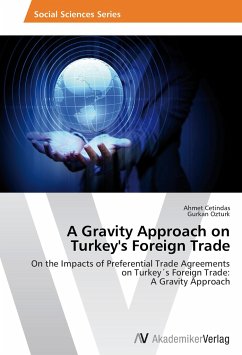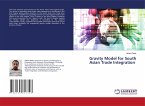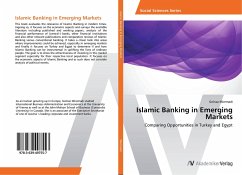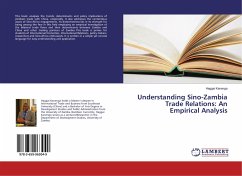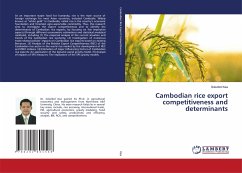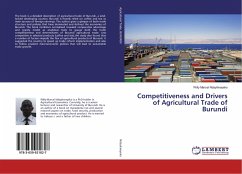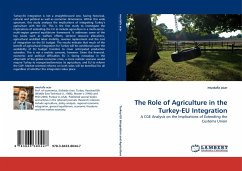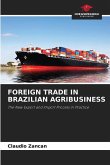A large number of factors such as consumer preferences, technology and labour characteristics encourage international trade between countries. The global economic developments, which emerged at the beginning of the 20th century and accelerated towards the middle of the same era and integration between countries, have increased the volume of trade between countries. In parallel with the increasing volume of trade new economic theories and models have emerged to explain the causes and consequences of international trade. The Gravity Model is one such model that has been important in explaining the structure and direction of international trade. The gravity model estimates the extent of trade flows between countries as a function of country's economic size, their distance to trade partners as well as other cultural and economic links between pairs of countries (such as affiliated organizations, common borders, visa exemptions, etc). In this study, the effects of Customs Union (CU) membership on Turkey's foreign trade are examined using the Gravity Model. The Gravity Model is estimated using annual data on a large sample of Turkey's trade partners, with the focus of the study being on the effects of a CU with the European Union (EU) and other Preferential Trade Agreements (PTAs) on Turkey's exports and imports. The effects of CUs and PTAs on Turkey´s foreign trade are then compared
Bitte wählen Sie Ihr Anliegen aus.
Rechnungen
Retourenschein anfordern
Bestellstatus
Storno

